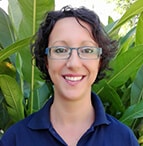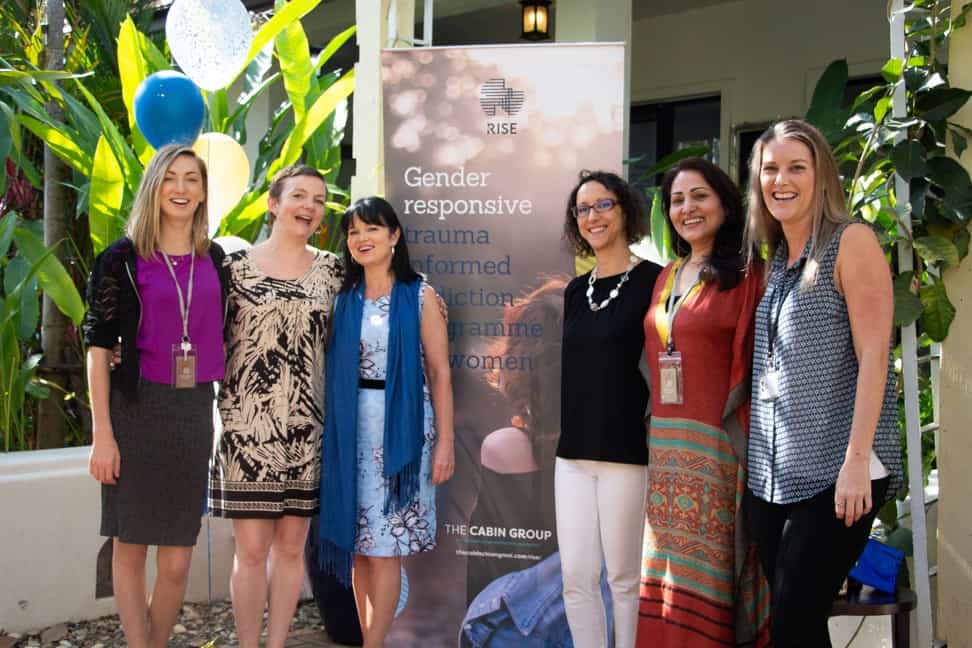Great article on the the Rise programme in the South China Morning Post, on using TRE® as part of its programme. in assisting women working through and integrate in a safe environment, their substance use symptoms and trauma they have suffered,With a focus on what trauma caused it.
Addiction and trauma unpacked in women-only response programme in Thailand By Kate Whitehead
Rise programme focuses on bringing women into a safe environment to work through their substance use, and to see what trauma caused it
While growing up in a conflict zone or surviving a terrorist attack can result in trauma, it is just as likely to happen in a domestic setting
Excerpt:
In addition to daily group discussions, one-on-one counselling, gym sessions, art therapy and community validation meetings, the Rise programme also includes TRE® – Tension or Trauma Release Exercise.
This is a body exercise devised by Dr David Berceli to help an individual release the physical tension created at the time of a traumatic or stressful event.

“The body [registers] traumatic events, whether it’s the result of a natural disaster or war or the result of being neglected, bullied or psychological or physical abuse,” says Letizia Spoto, who practices TRE® at The Cabin, Chiang Mai.
According to the TRE® system, the body’s natural way of discharging the tension that results from trauma is to shake, releasing the excess of adrenaline and cortisol. But we tend to resist doing this because we’ve been socialised to see shaking as a sign of weakness, says Spoto. The long-term effect of not releasing that tension can mean you get easily startled or overreact to small things, she says. This is because the nervous system is in survival mode.
“TRE® is being recognised as a breakthrough in stress management and trauma recovery. They [Dr Berceli] noticed that you can’t treat someone’s behaviour if you don’t treat the root of the issue, which means the body [is] not perceiving threat,” says Spoto.
Spoto introduced me to TRE®. Having taken me through six simple exercises, she asks me to lie on my back on a yoga mat on the floor, feet together and knees apart. I had no idea what to expect, so the shaking took me by surprise. First my hips, then my legs started shaking uncontrollably. After 15 minutes of shaking, I stretched out my legs and the shaking stopped.
“The tremors are going through the muscles to release a lot of energy. Generally, after TRE, clients feel tired and that night they sleep like babies; it’s their nervous system calming down, not being alert or on guard,” says Spoto.
I’ve no idea what I released, but it felt good to have a good shake and I can confirm I slept well that night.
Addictions and trauma are not all the same, and programmes such as Rise recognise that.
Full Article here:Addiction and trauma unpacked in women-only response programme in Thailand
Source: South China Morning Post

